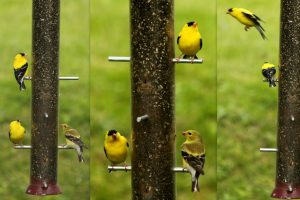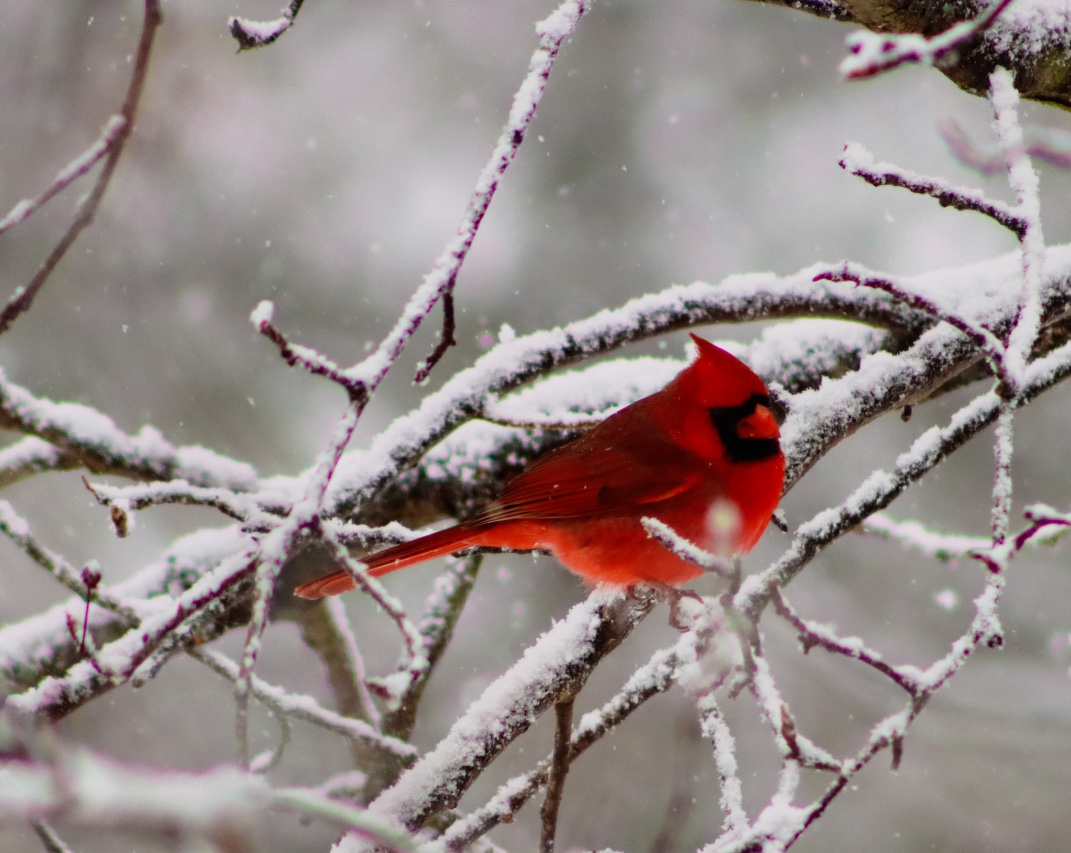This series of articles on how to make your garden “bird-friendly” has been in support of Sustainable Orillia’s and the Orillia Naturalists’ Club’s efforts to obtain a “Bird Friendly City” certification for the City of Orillia. This is an initiative that more and more cities are signing on for. The Honourable Steven Guilbeault recently signed certificates for 14 more Canadian cities—unfortunately, Orillia was not one of them. That is not too surprising as we only began the process this year. Still, we can all do our bit to obtain certification in 2023 by trying to halt and to reverse the staggering loss of species, especially birds, that is occurring under our watch. Habitat loss is one of the major reasons of the decline in bird population. Your bird-friendly gardens will go some way to help.
Unfortunately, this alone is not sufficient to really make a difference. More has to be done, and it must be done on a planetary basis.
Hence the Conference of Parties (COP) which most of us have heard of. Actually, the full name is the “United Nations Climate Change Conference Of Parties” which is quite a mouthful; hence “COP” is generally used. COP 27, held in Sharm el Sheikh, Egypt this fall, is the latest of these conferences, all trying to mitigate the damage to our planet from the increase of greenhouse gas in the atmosphere from the burning of fossil fuels.
There is, however, another COP, the United Nations Biodiversity Conference (COP 15, December 7 – 19) which just concluded in Montreal, whose aims, if implemented (and that’s a big if), could halt the mass extinction of species which, given the present trends, appears inevitable. As UN environmental chief Inger Andersen, recently said, “Right now we are on this trajectory of losing one million of the eight million species on the planet. That’s clearly not a trajectory we want to be on. We need to change the actions that we need to do as human beings: we need to eat and live in ways that are nature positive.”
COP 15 concentrated on setting quantifiable targets for measures such as designating and protecting large areas of the global surface from degradation due to deforestation, invasive species, ill-advised development of wetlands and species habitat, and environmentally-destructive farming practices. It also sought the abolishing of the billions of dollars spent on environmentally harmful subsidies.
large areas of the global surface from degradation due to deforestation, invasive species, ill-advised development of wetlands and species habitat, and environmentally-destructive farming practices. It also sought the abolishing of the billions of dollars spent on environmentally harmful subsidies.
Many people around the world, including here in Orillia, wished the delegates well in their efforts and asked that they stand firm during the inevitable onslaughts of the well-funded lobbyists of the fossil fuel corporations, the climate-crisis deniers, and the more insidious purveyors of doubt that peddle pablum like, “Yes, I agree there is climate change, but the climate is always changing, so there is no real emergency.” You may recall a federal politician saying similar rubbish in a recent visit to Orillia.
The facts would beg to differ. Worldwide, 420 million hectares of forest have been lost since 1990, while 33% of all the wetlands in the world have already been lost and trends are accelerating their disappearance.
Here in Orillia, we are fortunate to live in an enormous watershed that stretches from Balsam Lake to Georgian Bay, with ample pure water and a wide diversity of habitat and terrain. But make no mistake, it is under threat.
.
The Ontario government, who received support from a mere 17% of the eligible voters in the last Ontario election, have enacted legislation that has the potential to nullify or significantly reduce the few protections that our wetlands, forests and natural areas currently enjoy. From a biodiversity point of view, Ontario’s Bill 23—The More Homes Built Faster Act, 2022—is in sharp contrast to the aims of COP15 which our Federal government just endorsed. If implemented in its present form, this legislation could extend urban sprawl, wetland degradation, habitat loss and sharp declines in biodiversity into areas that never should be developed. For more information, see Ontario Nature’s blog, Bill 23: What you need to know).
 In bygone days, canaries were taken down coal mines to warn of lethal buildups of carbon monoxide, an odourless, tasteless gas which would kill by poisoning if inhaled, or by explosion if ignited. Canaries, like many other small birds, were particularly susceptible to it and would die quickly if exposed to it, thus giving the miners time to get out.
In bygone days, canaries were taken down coal mines to warn of lethal buildups of carbon monoxide, an odourless, tasteless gas which would kill by poisoning if inhaled, or by explosion if ignited. Canaries, like many other small birds, were particularly susceptible to it and would die quickly if exposed to it, thus giving the miners time to get out.
Today, our local birds—the modern day “canaries”—are singing their warnings to the entire world, and are falling silent at an increasing rate with the escalating biodiversity crisis.
For us, there is no mine shaft for an escape. For all our sakes, please do all you can to keep our birds singing.
_________

